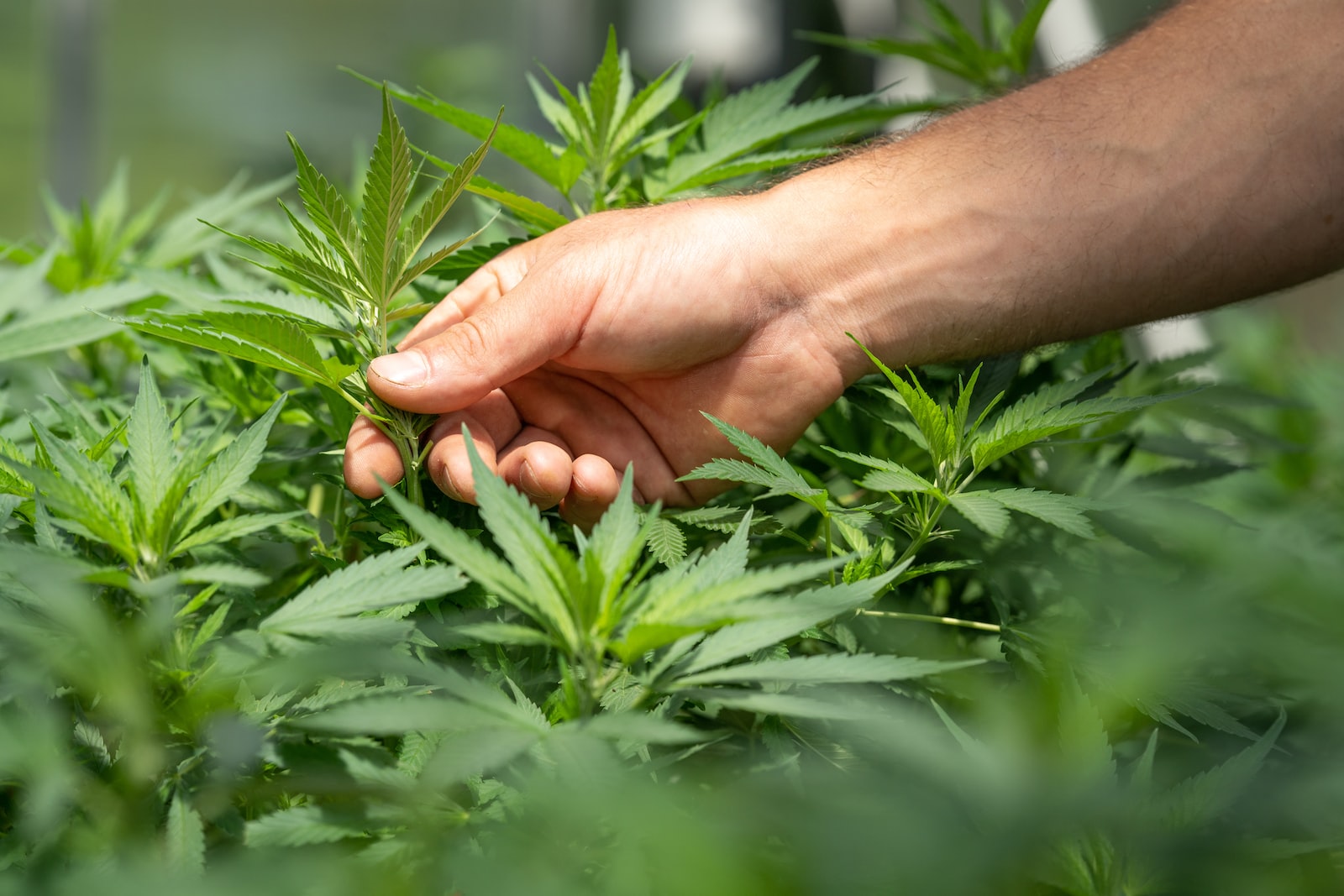OPINION
Canada remains one of the only countries in the world that allows legal and regulated access to recreational marijuana. But five years after the drug’s legalisation, the country’s cannabis industry is struggling for survival.
Wait, what?
[…] Take Aurora Cannabis, for example. The Alberta-based cannabis manufacturer – one of the largest in Canada – announced in August that it will be diversifying its offerings and start selling orchids.
That same month, another company, Canopy Growth, sold the multi-million dollar Ontario headquarters it bought in 2017 back to its original owner, candy manufacturer Hershey Canada.
Both companies, along with other cannabis producers, have also given out pink slips to thousands of workers in an effort to cut costs as they continue to generate little to no profit.
Part of the problem, experts and industry leaders say, is over-regulation of the drug as the country attempts to toe a careful line between public health and building a robust cannabis industry.
Which looking at the long-term picture is actually a good thing.
Others say it’s simply a matter of too many players and too much production that far exceeds demand.
[…] These challenges were difficult to see early on, said Mr Smitherman, a former Ontario politician who is now the head of the Cannabis Council of Canada.
“The thing is, there was no global road map,” he told the BBC, as no other country had attempted to legalise recreational cannabis on such a large scale.
[…] Michael Armstrong, a cannabis business researcher at Brock University in Ontario, argues that early hiccups paved the way for some of the business challenges seen today.
“One way to sum it up would be to say we’ve kind of had a classic boom and bust,” Prof Armstrong said.
In the early days, many stores were dealing with chronically empty shelves as production could not keep up with demand. Prof Armstrong said this drove cannabis producers to make too much product, which led to a surplus and an eventual downsizing.
Which is what you’d expect to happen.
[…] As of 2023, there are around 3,600 licensed retail cannabis stores across the country and 970 licensed cannabis producers in Canada.
Few of those producers appear to be profitable. Mr Smitherman said a recent survey by the Cannabis Council of Canada found that only 20 per cent are showing some form of positive cashflow.
[…] Some also point the finger at what they say is the over-regulation of the industry, where cannabis is still a controlled substance. By law, cannabis companies cannot advertise their products or build brand recognition in the way companies in other industries can.
Retail locations have tinted windows to conceal what is inside, and the drug is sold in government-approved packaging. They also pay higher regulatory fees than companies selling other controlled substances.
It is part of a delicate balance the government has tried to strike between public health and managing a new legal industry, Prof Armstrong said.
[…] In late 2022, Canada’s Department of Public Safety estimated that 33 per cent of the marijuana market is still controlled by the illicit drug trade.
Which, considering that just five years ago the Canadian marijuana market was 100 per cent controlled by the illicit drug trade, isn’t too bad.
[…] Industry leaders like Mr Smitherman have long lobbied the government for looser laws that, he argues, will benefit the cannabis industry, while not straying away from the country’s public health objectives.
“Our argument is: ‘Hey, if we can make some incremental changes here, collectively, we can grow the pie,’” he said.
Despite the challenges, many still hail legalisation as somewhat of a success.
“From a public policy standpoint, the people of Canada are very satisfied with it,” Mr Smitherman said.
“But one of the measures of success is, are we creating a sustainable model here where, in the next five years, we are going to see good cannabis companies bringing innovative products and winning that battle for market share, or are we going to retreat?”
Prof Armstrong said that what Canada has is “what no other country in the world has”.
“Now, having said that, legalisation is not a roaring success.”
Which considering the huge challenges isn’t unexpected.
Obviously the Canadian legal cannabis market is over regulated. And this is a good thing. Why? Because it is a lot easier to slowly liberalise and loosen regulations that go in the opposite direction. Incremental changes mean that these changes can be measured and rolled back if required.
One of the big problems with the cannabis referendum is that the proposed legislation would allow cannabis shops straight out of the gate which would have concerned many (yes, Canada allowed the same thing, but Canada didn’t have a referendum and Canadian provinces and territories were allowed to establish their own regulations).
I have no doubt that if the proposed legislation had only allowed social sale and supply, and/or allowed cannabis clubs, and included provisions for reviews every say three years, the referendum would have passed easily.

